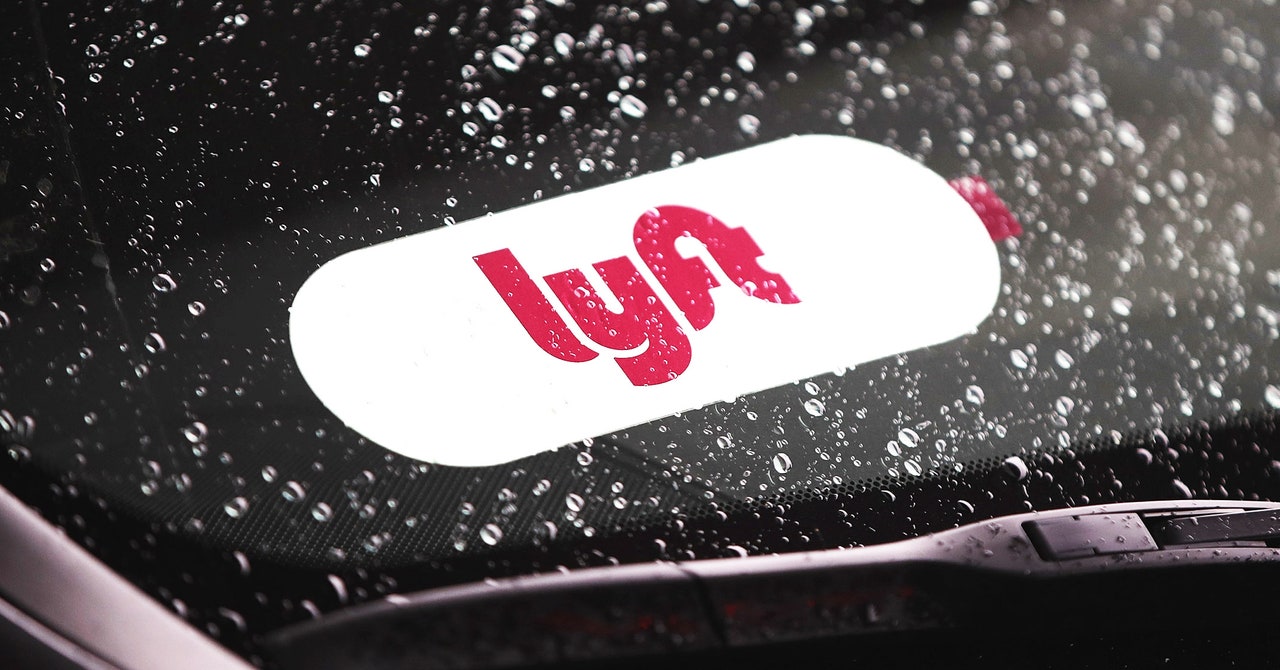The maze of policies and supplemental policies can quickly become complicated. First, most personal auto insurance plans don’t cover employees when they drive for rent. Second, payouts vary based on the stage of travel: carrying passengers, traveling to pick them up, and waiting for a new ride can all bring different benefits. If a driver turns off the app to get a snack or go to the toilet, his work policy no longer applies. Some policies contain exclusions for certain circumstances, such as physical assault. California Prop 22 prescribes more coverage than laws in other states, including survivor benefits, but payouts can still be denied on the grounds of error or involvement in “personal activities.”
One evening in February, Agha Raza Ali received a call from his aunt. His 71-year-old uncle, Abdul Rauf Khan, came home late and she started to worry. Khan and Ali ran a limousine service together in the Washington, DC area, but after the pandemic wreaked havoc on their business, Abdul decided to drive to Lyft instead of collecting unemployment. “I have my health and strength, so I go to work,” Agha recalls saying. Police could not conduct a search until he had been missing for 12 hours, and Lyft would not provide his location without a subpoena. Ali drove around for hours looking. Finally, around 3 am, the police arrived at his door. Khan was shot during a carjacking and died. His 17-year-old passenger was arrested and confessed to the murder.
The family was devastated. Abdul had been like a father to Agha and a mainstay of the local Pakistani community.
Abdul supported his wife and 17-year-old daughter. Because his insurance didn’t include survivor benefits and wage replacement, they were on their own. Abdul says Lyft told his brother that they would voluntarily pay the funeral costs. When asked why it offered to pay expenses for Khan and not Bella, Lyft declined to comment on specific cases, but said it tries to provide support based on the specific needs of each family. Uber also offers assistance on a case-by-case basis.
Agha and his family did not want to ask the community for money, so relatives helped support his wife and daughter. “He was the one working, so now we have to figure out how to survive,” Ali says. He thinks Lyft “must understand that someone is at work. They should be compensated if something like that happens, if he loses his life at work.” In addition, he would like the company to require identity verification for all passengers.
To address the crisis, GWR is making four demands: payments to victims’ families equal to workers’ compensation; end forced arbitration, which limits the evidence employees can gather when they file a case and keeps the information out of the public domain; detailed transparent reporting of bullying, attacks and fatalities; and a trade union, which would allow workers to collectively negotiate safety. In response, Lyft cited its annual safety report, its assistance to victims and its Driver Advisory Council, which collects feedback from drivers.
The report adds a new dimension to the swirling debate over Prop 22 copycats, which aim to bolster the status of app-based drivers as independent contractors. Companies are spending big to get a Prop 22-style ballot measure in Massachusetts this fall, with more expected to follow. In addition to their low level of protection, handymen often receive low wages given the risks they face, and their independent contractor status exempts them from minimum wage laws.
Bella “lost her life on a trip” [that totaled] $15,” Alyssa says. “And she wouldn’t even see all that.”
More great WIRED stories

